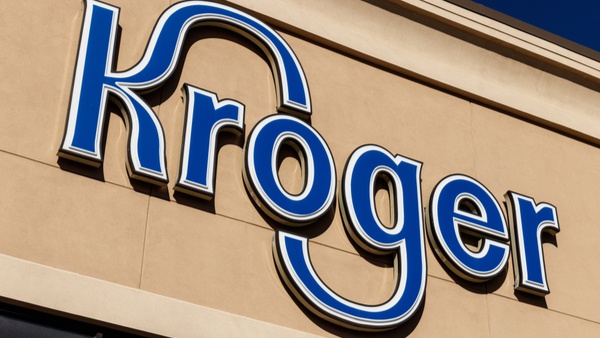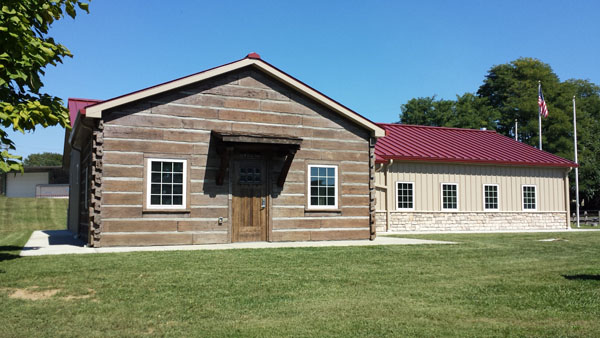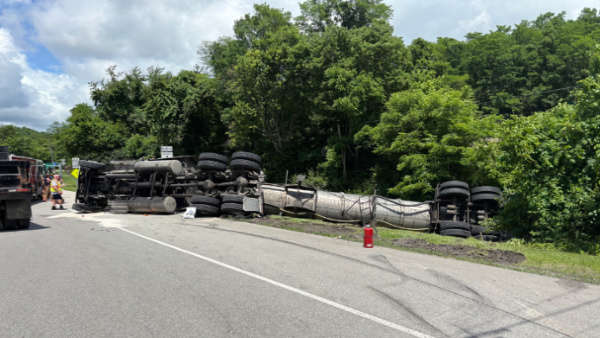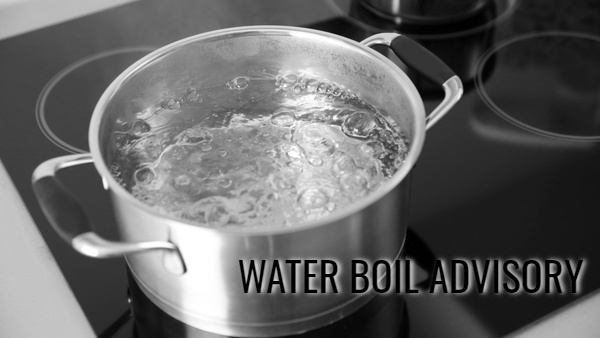Letter from Lane Siekman, attorney and executive director of the Ohio County Economic Development Corporation Indiana is a casket producing state. Since the late 1800s, my home state of Indiana—specifically southeastern Indiana—came to dominate the casket manufacturing business. Some of the German furniture makers and artisans who settled here began making caskets in the 1880s. Once, wherever you lived in the United States there is a good chance that most, if not all, of the caskets at your local funeral home were manufactured in Indiana. Two of the state's largest casket manufacturers are located in Batesville and Aurora, Indiana. Overall, the industry still supports more than 3,300 U.S. workers nationwide, according to IBISWorld, an Australian market-research company. Now, it looks like Aurora Casket (aka Matthews Aurora Funeral Solutions) is moving jobs south of the border. RELATED: Letter Indicates Aurora Casket Jobs Destined For Mexico Last week Aurora Casket customers received a letter from company President, Thomas Pontone, announcing upcoming product changes and that the company would be moving all 20 Gauge non-gasketed steel production to a state-of-the-art facility in Monterrey, Mexico. This is not the first time that global issues have affected the area. In 2012, Batesville Casket Company laid off 100 people and transitioned some manufacturing to Mexico. Some point to corporate taxes and EPA regulations as the reason for move but ultimately it comes right down to competition. It appears that caskets have become the next American industry felled by offshoring. Cheap imports from China have been flooding the market. Dan Isard, president of Foresight Cos., an Arizona-based consultant to funeral homes and cemeteries, predicted early on to the Cincinnati Business Courier that by 2025 at least 75 percent of the caskets buried in the U.S. would be produced in China or other countries with cheap labor. In 2005, the field’s Big Three companies—Hillenbrand, Matthews International, and Aurora Casket , controlled 70 percent of the market. Hillenbrand, more commonly referred to by its subsidiary’s name, Batesville, and Matthews are publicly traded, with a combined market cap of $3.8 billion. Aurora was acquired by Kohlberg, a private equity firm in Mt. Kisco, N.Y., in 2012 for an undisclosed sum. Death is expensive: The average funeral costs $6,460, according to the National Funeral Directors Association. A full quarter of that price is the casket. But like every other product, price drives the decision. Isard of Foresight Cos. tells the story of a funeral home client in North Carolina. A community built on manufacturing hardwood furniture, the area had itself been devastated by Chinese imports and was struggling with a 12 percent unemployment rate. The local funeral home began carrying Chinese caskets, displaying them on the left of its showroom, with American models on the right. The former were a third to half the price. After six months, 70 percent of families were choosing imported. “When given the choice, it’s just a box with a quilt,” Isard says. The Aurora Casket Company prospered for years as a small family controlled business and now after being taken over by venture capitalists and quickly resold sold to a larger company and now they are suddenly no longer competitive? Perhaps our elected leaders (and leaders to be) will finally stop the rhetoric and start proposing solutions. If we as a nation stop building things and creating value, then who is left to consume our products? If given a fair chance, America’s manufacturers can compete with American workers. We need to support manufacturers who build in America and understand that long term viability is a function of their participation in a healthy economy and not just short term gains? RELATED STORIES: LETTER: Commissioners Vow Support For Aurora Casket Employees Letter Indicates Aurora Casket Jobs Destined For Mexico Notice Concerning Assistance Worries Aurora Employees

 Kroger to Close Approximately 60 Stores
Kroger to Close Approximately 60 Stores
 City of Lawrenceburg to Open Emergency Cooling Shelter
City of Lawrenceburg to Open Emergency Cooling Shelter
 Driver Cited After Accident at State Road 1 and Ridge
Driver Cited After Accident at State Road 1 and Ridge
 Genesis: Pathways to Success Announces New Entrepreneural Program Coordinator
Genesis: Pathways to Success Announces New Entrepreneural Program Coordinator
 Water Boil Advisory Issued for Holton Water, Hoosier Hills Customers
Water Boil Advisory Issued for Holton Water, Hoosier Hills Customers
 Batesville Middle School Assistant Principal Resigns; Accepts Job in Rushville
Batesville Middle School Assistant Principal Resigns; Accepts Job in Rushville













